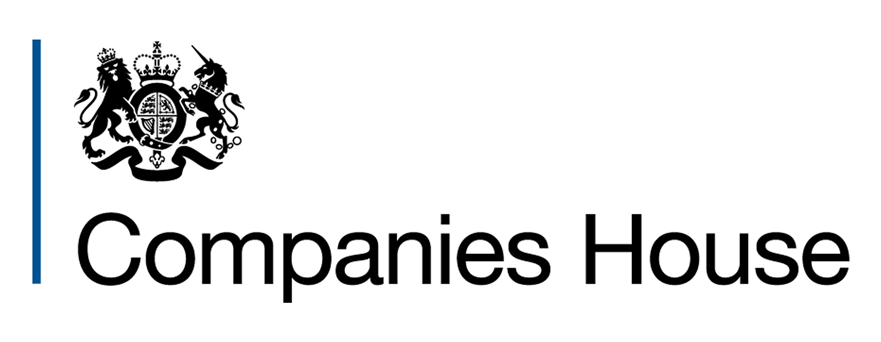
As Companies House reveals that managed to convict just 41% of the company directors it summons to court for failing to provide accounts on time, Hickman & Rose’s Head of Regulatory law Andrew Katzen asks in a blog: “how effective is Companies House as a criminal prosecutor?”
+++++
As well as being the official register of all UK companies, Companies House is a criminal investigation and prosecution agency with the power to act against individuals.
Companies House prosecutes individual company directors with a range of offences, but the most common charges are failing to file annual company accounts on time, and failing to deliver the confirmation statements by which the agency is assured that the information it holds about a company is correct.
The maximum penalty for either of these offences is a fine. However, a convicted individual will have criminal record and anyone who receives three convictions for offences of this type within a five-year period may be disqualified from working as a director.
But how active is Companies House in using its criminal investigatory and prosecutorial powers? How effective is it? And what can an individual who finds themselves under Companies House scrutiny do to best protect their position?
How many directors does Companies House prosecute for failing to file accounts?
The latest Companies House data shows that during the financial year 2022/23 the agency summoned to court a total of 2,270 individual company directors for the offences of either failing to deliver annual accounts or failing deliver confirmation statements.
This is an 53% increase on the 1,487 directors who were summonsed in 2021/22 for the same offences; and an increase of 332% on the 526 summonses that were issued during the pandemic year 2020/21.
The most common charged offence was failing to deliver annual accounts, for which Companies brought 2,071 charges in 2022/23. The agency brought 820 charges for the offence of failing to deliver confirmation statements. There will have been some overlap with some directors charged with both offences simultaneously.
The 53% annual increase in the number of summonsed directors shows how Companies House is ramping up its enforcement activity since the Covid doldrums. While the agency is still some way off hitting the high-water mark of over 4,300 directors summonsed in 2014/15, it is clearly on an upward trend.
As a criminal defence solicitor who specialises in representing company directors under investigation by Companies House, the recent increase in enforcement activity certainly corresponds with what I see.
How effective is Companies House as a criminal prosecutor?
While the number of directors coming under Companies House criminal scrutiny is going up; the agency has been less successful in winning convictions.
The latest data set shows the agency achieving its lowest conviction rate for a decade.
Over the financial year 2022/23, only 40.7% of the individual directors Companies House summonsed to court were convicted.
The statistics for companies are similarly disappointing for the agency.
Of the 1,851 companies caught up in Companies House criminal proceedings, just 793 (42.8%) saw a director convicted – the lowest rate for a decade.
What are the defences against a Companies House criminal prosecution?
This page sets out the basics of the law on Companies House criminal prosecutions and how they generally proceed.
While Companies House prosecuted offences may appear to be ‘strict liability’ (ie. offences to which, if the criteria are met, there are no possible defences), this is not the case.
As the agency’s steeply declining conviction rate indicates, it is possible to mount a successful defence against a Companies House criminal prosecution.
It is a defence to show that the accused director ‘took all reasonable steps for securing that those requirements would be complied with before the end of that period’.
To use this defence successfully, the director must both raise it, and then prove it (this is in contrast to most other criminal prosecutions where the onus is on the prosecution to disprove a defence).
It is not sufficient to demonstrate that a director took ‘some’ or ‘many’ reasonable steps to ensure the accounts were filed on time. The legislation is explicit that they should show they took ‘all’ reasonable steps. This is rigorous but not impossible to do with careful preparation.
What should a director who is contacted by Companies House do?
Anyone who is contacted by Companies House in relation to an enforcement matter is advised not to ignore this communication. No director will welcome a criminal conviction which can have regulatory implications for professionals such as accountants and lawyers.
Constructive engagement with Companies House, at an early stage, can prove crucial in establishing a defence and/or dissuading Companies House from prosecuting.
Well drafted submissions setting out the matters of law and fact relied upon can sometimes prevent proceedings or persuade Companies House to withdraw a prosecution. Getting the content and tone right is critical and, if done well, it can make a real difference to the outcome of a case.



